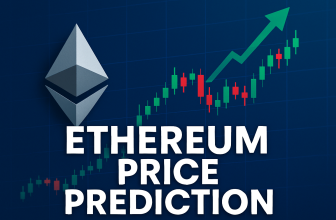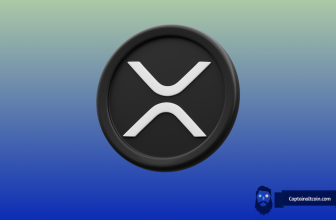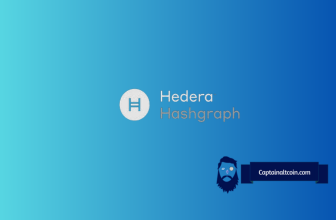
In its new 236-page report “World Trade Report 2018 – The future of world trade: How digital technologies are transforming global commerce”, the World Trade Organization mentions several crypto currencies. Ripple, IOTA, Bitcoin and Ethereum are presented in the report as pioneering technologies. The entire blockchain technology, and Ripple in particular, can have dramatic and disruptive effects on the global financial system, according to the World Trade Organization.
The report highlights Ripple as a company that could radically change the way banks around the world move money. While the crypto currency XRP is not explicitly mentioned, out of context, one can interpret that XRP is the “bridge currency” mentioned in the report:
Ripple has ambitions to circumvent the correspondent banking model through its distributed ledger platform. It gives banks the ability to convert funds directly into different currencies in a matter of seconds and at little to no cost, without relying on correspondent banks.”
“The company has licenses with more than 100 banks and financial institutions, but it seems that only a limited number of large operations have taken place to date. Banks are still testing the system.
The report also points out that, in addition to the blockchain, there are other ledger technologies that have been launched that are promising. In particular, the World Trade Organization describes IOTA:
Blockchain is the most well-known distributed ledger technology (DLT), but an increasing number of other models are being developed that, like Blockchain, are distributed and use various cryptographic techniques, but that are moving away from the concept of ‘blocks’ – or even from both the concepts of ‘blocks’ and ‘chains’. One example of this is IOTA, a cryptocurrency designed for machine-to-machine communication, in which each transaction is linked to two previous transactions as part of the validation process to form a ‘tangle’ rather than a chain. Today, the term ‘blockchain’ is commonly used to refer more generally to distributed ledger technology and to the phenomenon surrounding it.
The report also covers Bitcoin and Ethereum and states that both crypto currencies are pioneers in their field. At the same time, the World Trade Organisation points to the future challenges that still exist for them to be able to compete with VISA. They went on to compare current capacity og bitcoin network (7tx/s) with the Visa’s 2000 – 56,000 tx/s.
Although the report doesn’t mention anything new for seasoned crypto investors, it does show a clear rise in interest in cryptocurrencies and blockchain in general. Organizations like WTO are cornerstones of traditional system and big financial institutions surely take notice of their reports which gives further credibility to blockchain and crypto tech in their eyes.







